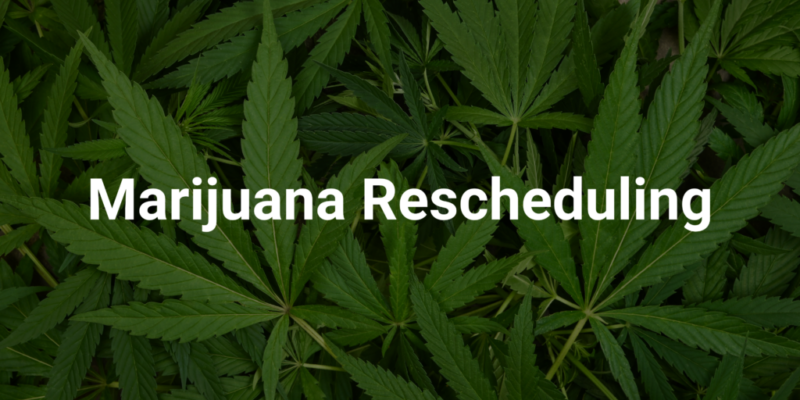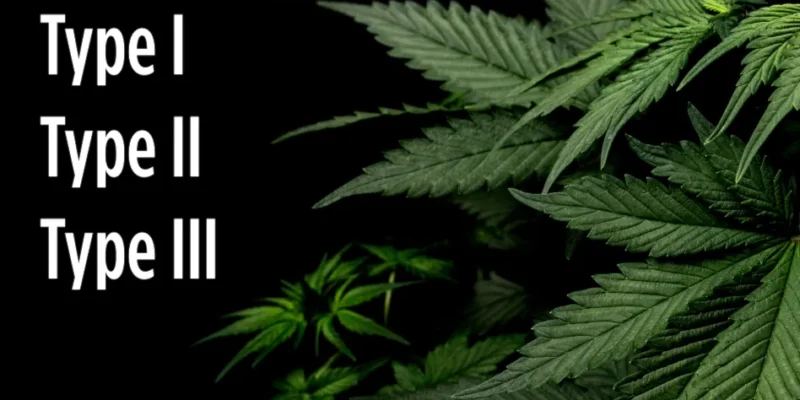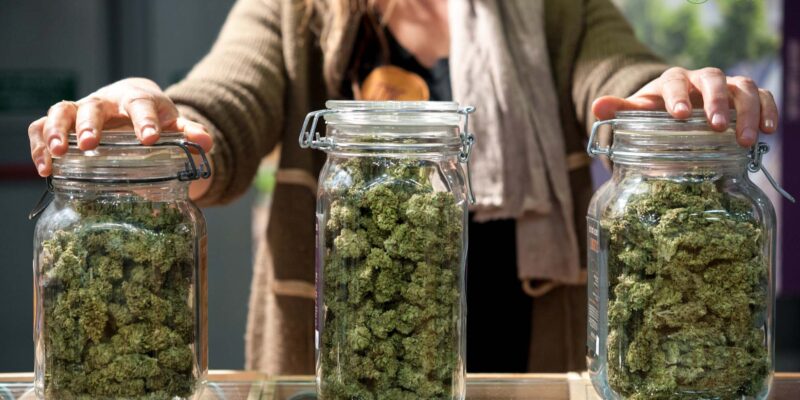Yet more hurdles in the world of cannabis legalization and commercialization. Right out in the open there exists a concerning trend that has been steadily gaining traction from coast to coast: Gas Station “Cannabis” Products. From the bustling streets of New York City to the laid-back vibes of California, it seems that gas stations are eager to cash in on the green rush by peddling items that claim to represent cannabis in some form or another. However, what may initially appear as harmless novelty items often hide a darker truth—one that echoes the dangers of the K2 epidemic and serves as a stark reminder of the risks associated with unregulated cannabis products.
At its core, the proliferation of gas station cannabis products represents a perversion of the true essence of cannabis culture. Cannabis, a plant with a rich history dating back thousands of years, has long been revered for its medicinal and recreational properties. Yet, the products found on the shelves of gas stations bear little resemblance to the plant itself, both in terms of quality and safety.
One of the most alarming parallels between gas station cannabis and the K2 epidemic lies in the inherent dangers posed by these unregulated products. Much like the synthetic cannabinoids found in K2, gas station cannabis products often contain unknown and potentially harmful chemicals. These products are typically marketed as “legal highs” or “herbal incense,” with vague labeling that offers little insight into their actual contents. As a result, consumers are left in the dark about what they are ingesting, putting their health and safety at risk.
Moreover, the widespread availability of gas station cannabis products highlights a glaring failure on the part of government regulators to properly integrate cannabis into society and establish comprehensive regulations. In the absence of clear guidelines, unscrupulous businesses are able to exploit legal loopholes and peddle inferior products to unsuspecting consumers. This not only undermines the legitimacy of the cannabis industry but also jeopardizes public health and safety.
But the dangers of gas station cannabis extend beyond the immediate risks posed to consumers. They also serve as a cautionary tale for cannabis growers and enthusiasts alike. In their quest for profit, gas stations are willing to cut corners and sacrifice quality—a practice that has far-reaching consequences for the entire cannabis community.
One of the most pressing concerns is the issue of low-quality genetics. Cannabis plants are incredibly diverse, with thousands of different strains boasting unique characteristics and effects. However, not all genetics are created equal. Some strains may be more susceptible to disease, deficiencies, and other issues that can compromise the quality of the final product.
When growers purchase low-quality genetics from unverified sources, they run the risk of introducing these vulnerabilities into their cultivation operations. This not only compromises the integrity of their crops but also undermines the reputation of the entire industry. In an era where quality and consistency are paramount, growers simply cannot afford to take shortcuts when it comes to selecting genetics.
Furthermore, the proliferation of gas station cannabis products underscores the need for greater education and awareness within the cannabis community. As legalization efforts continue to gain momentum, it is imperative that growers, consumers, and policymakers alike remain vigilant in their efforts to promote responsible cannabis use and advocate for sensible regulations.
The dangers of gas station cannabis products cannot be overstated. From the risks posed to consumers to the implications for the wider cannabis community, these products represent a troubling trend that must be addressed head-on. By working together to promote transparency, quality, and accountability, we can ensure that cannabis remains a source of healing, inspiration, and joy for generations to come.












